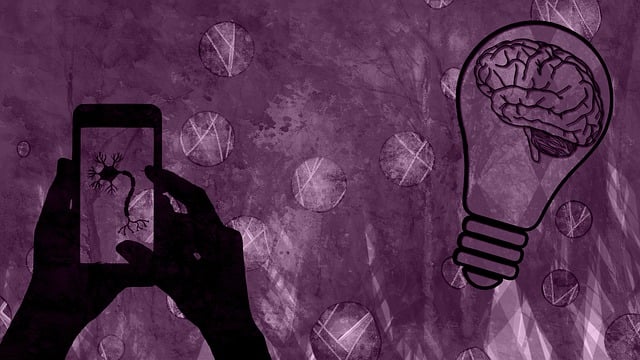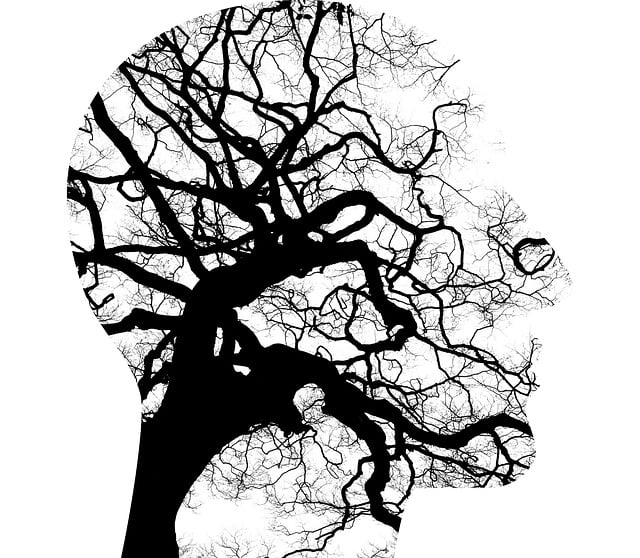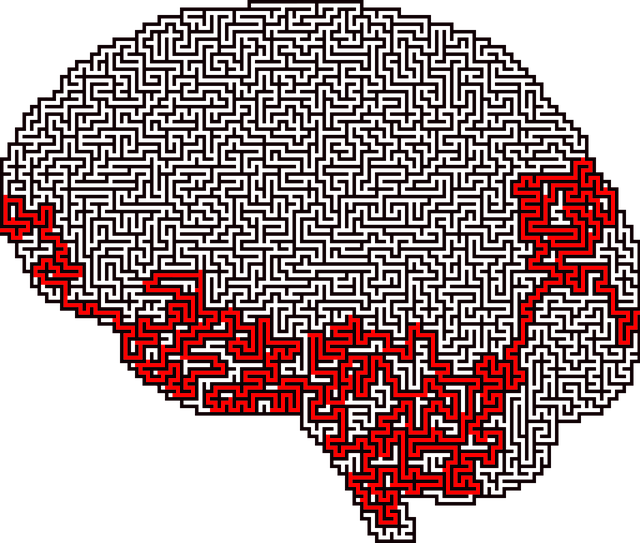Mental wellness self-assessment tools, now accessible via mobile apps or online platforms in the digital era, play a crucial role in early detection and management of bipolar disorder among young adults. These tools empower users through interactive questionnaires, enabling them to share valuable insights with healthcare professionals for accurate diagnoses and tailored treatment plans. By enhancing therapy and facilitating self-management, these assessments contribute to improved outcomes and enhanced quality of life for young adults with bipolar disorder (Therapy for Young Adults Bipolar Disorder). However, technical challenges like Gateway Timeouts require prompt addressing to ensure effective therapy and revolutionize access to care.
Mental wellness is a crucial aspect of overall health, especially for young adults navigating life’s challenges. The development of self-assessment tools plays a vital role in early intervention and prevention strategies for conditions like bipolar disorder. This article explores the creation of comprehensive mental wellness assessment tools tailored for young adults, focusing on accessible therapy options. We delve into the benefits, key components, and effectiveness of these tools, highlighting their potential to revolutionize support systems for those struggling with bipolar disorder or other mental health concerns.

Mental wellness self-assessment tools play a pivotal role in early detection and management of mental health conditions, especially among young adults. For individuals dealing with bipolar disorder, these tools can be instrumental in monitoring mood shifts, identifying triggers, and understanding the nuances of their condition. Many young adults seek therapy to manage bipolar disorder, as it offers structured support for navigating emotional volatility and promoting stability.
Self-assessment tools designed specifically for bipolar disorder help users track symptoms over time, enabling them to share valuable insights with healthcare professionals. This data can facilitate more accurate diagnoses and tailored treatment plans, including medication adjustments and behavioral interventions. By empowering young adults to actively participate in their mental health care, these tools contribute to improved outcomes and enhanced quality of life.
API responded with status code 504.

In today’s digital age, the development of accessible mental wellness self-assessment tools has gained significant traction, offering promising solutions for young adults grappling with bipolar disorder. These tools, often integrated into mobile applications or online platforms, serve as valuable resources to enhance therapy and support self-management. By providing interactive questionnaires and personalized feedback, they enable individuals to proactively monitor their emotional well-being and recognize early signs of potential episodes.
API-driven systems play a crucial role in this context, ensuring seamless data exchange between different mental health applications. However, challenges may arise, as illustrated by the status code 504 (Gateway Timeout), which can disrupt users’ experiences. Prompt addressing of such technical hurdles is essential to ensure effective therapy for young adults with bipolar disorder, as these tools aim to revolutionize their access to care and overall mental wellness management.
The development of mental wellness self-assessment tools, such as those tailored for young adults experiencing bipolar disorder, is a significant step forward in addressing mental health challenges. By utilizing these tools, individuals can gain valuable insights into their emotional well-being and take proactive steps towards seeking appropriate therapy. Integrating digital solutions like APIs ensures accessibility and convenience, enabling young adults to manage their bipolar disorder effectively and connect with tailored treatment options, including specialized therapy for their specific needs.










